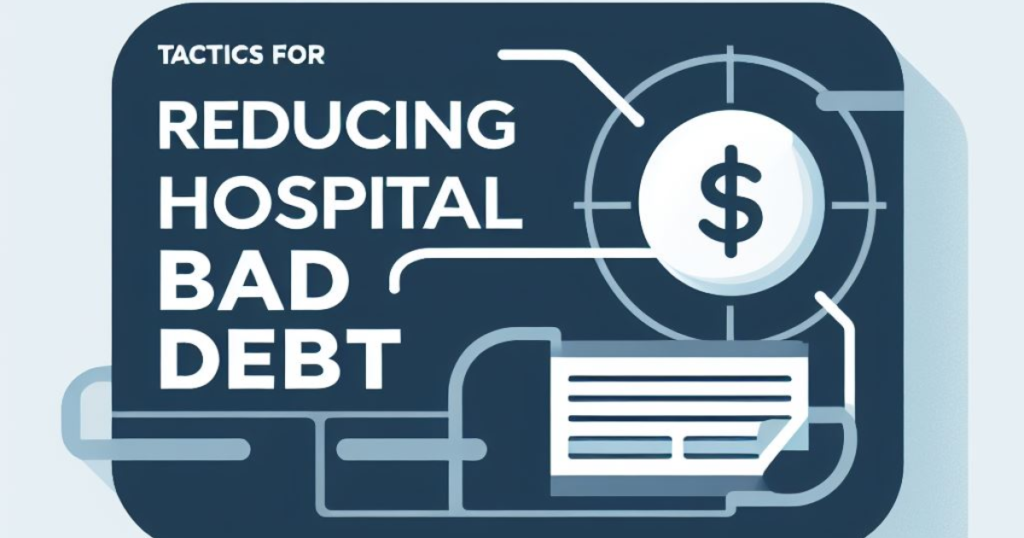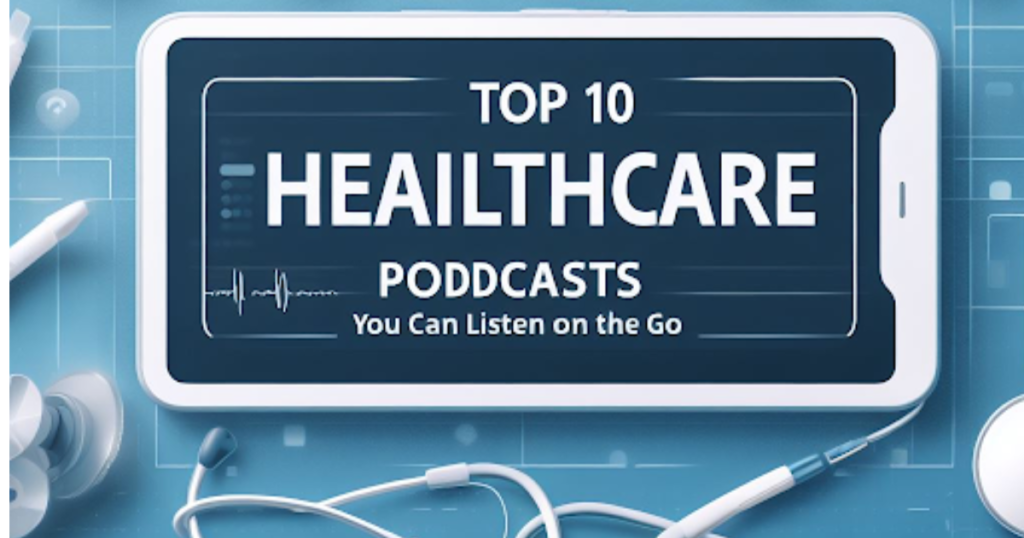As a Medical Professional, it’s essential to stay up-to-date with the latest industry trends and certifications. This guide aims to assist you in remaining up-to-date with advances in the Healthcare industry, such as regulatory and technology changes.
Benefits Of Keeping Medical Certifications Up-to-date
- Demonstrate your commitment to medical excellence: Maintaining current medical credentials demonstrates your commitment to providing outstanding patient care.
- Stay competitive in the medical field: It’s important to keep your medical certifications current if you want to stay competitive in an industry that’s always evolving.
- Gain access to medical research and resources: Staying certified keeps you in the loop of medical research and advancements, so you’re always using up-to-date methods.
- Enhance your medical career: Updated medical credentials can give you an edge when applying for medical jobs or promotions. Up-to-date medical certifications significantly increase your chance of quicker medical credentialing and enrollment with insurance companies.
- Strengthen patient trust: Medical patients are more confident in the abilities of doctors who have kept up-to-date with their credentials.
Keeping Up With Medical Certifications And Industry Trends
By taking small, but consistent steps forward, you can ensure that you remain competitive and knowledgeable within the medical field.
A. Reviewing Certification Requirements Regularly
It’s important to stay abreast of medical certification requirements regularly and proactively update your medical credentials as needed. This can be achieved through,
- subscribing to medical industry newsletters and blogs
- attending medical conferences or workshops
- speaking to colleagues in the medical field for their insights into changes in medical certifications or medical practice standards
B. Pursuing Medical Certifications
To stay up-to-date with medical credentials, it’s important to actively pursue medical certifications. This can be achieved by,
- taking part in medical courses and programs offered by medical universities and organizations that specialize in medical certifications
- participating in online courses or in-person programs to obtain relevant medical certifications in your specialty area
C. Staying informed of medical industry trends
Staying informed on medical industry trends is essential for medical professionals. This can be done by,
- attending medical conferences and seminars
- reading medical journals and publications
- monitoring medical news outlets, and
- engaging with medical industry leaders online
- utilizing social media for staying abreast of current and upcoming trends
Examples Of Various Certifications Available For Medical Professionals
There are a variety of medical certifications available for medical professionals in the US. These can include:
- Certified Medical Assistant (CMA) – This certification recognizes medical assistants who demonstrate excellence in their field. It is offered by the American Association of Medical Assistants (AAMA).
- Registered Nurse (RN) – The National Council Licensure Examination for Registered Nurses (NCLEX-RN) tests medical professionals’ knowledge and skills to become registered nurses.
- Certified Clinical Medical Assistant (CCMA) – It recognizes medical assistants with an advanced level of medical expertise. It is offered by the National Healthcareer Association (NHA).
- Certified Medical Office Manager (CMOM) – Offered by the Professional Association of Health Care Office Managers, it recognizes medical office professionals with knowledge and experience in medical office management.
- Advanced Cardiovascular Life Support (ACLS) – This course is meant for medical professionals who want to learn how to handle different types of cardiovascular emergencies. You will walk away with advanced skills and knowledge that can be useful in several situations.
Similarly, other common certifications include Certified Medical Coder (CMC), Certified Pharmacy Technician (CPhT), Certified Medical Transcriptionist (CMT), Certified Medical Transcriptionist (CMT), Certified Medical Director (CMD), Certified Clinical Research Coordinator (CCRC), Medical assistant certification, Primary technician certification amongst others.
Networking with and partnering with agencies and documentation specialists that are always researching the latest trends can help you stay informed.
Want to stay updated with medical certifications? Credentialing specialists can help.
A Credentialing Specialist helps Healthcare Providers keep track of current industry trends and rules. It is a valuable asset for any medic, allowing them to manage their credentials, learn of legal changes in advance, and get the certifications needed for certain roles or chances.
If you want help from experts to find the latest certifications for your specific needs, contact Apaana Healthcare’s specialists. They hold in-depth industry knowledge and the required expertise to assist you with your needs.
FAQs
What are the two types of credentialing?
Individual Credentialing: For individual providers to join insurance panels.
Facility Credentialing: For organizations like hospitals or clinics to participate in payer networks.
What is the credentialing process in medical billing?
The process involves verifying a provider’s qualifications, licenses, and certifications to ensure they meet payer and industry standards for reimbursement.
What information is needed to complete an individual application in credentialing?
Personal details, education and training, licensure, certifications, malpractice insurance, work history, and references.
What is a credentialing process?
Credentialing is the verification of a healthcare provider’s qualifications and eligibility to offer services within a payer network.





